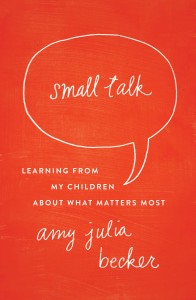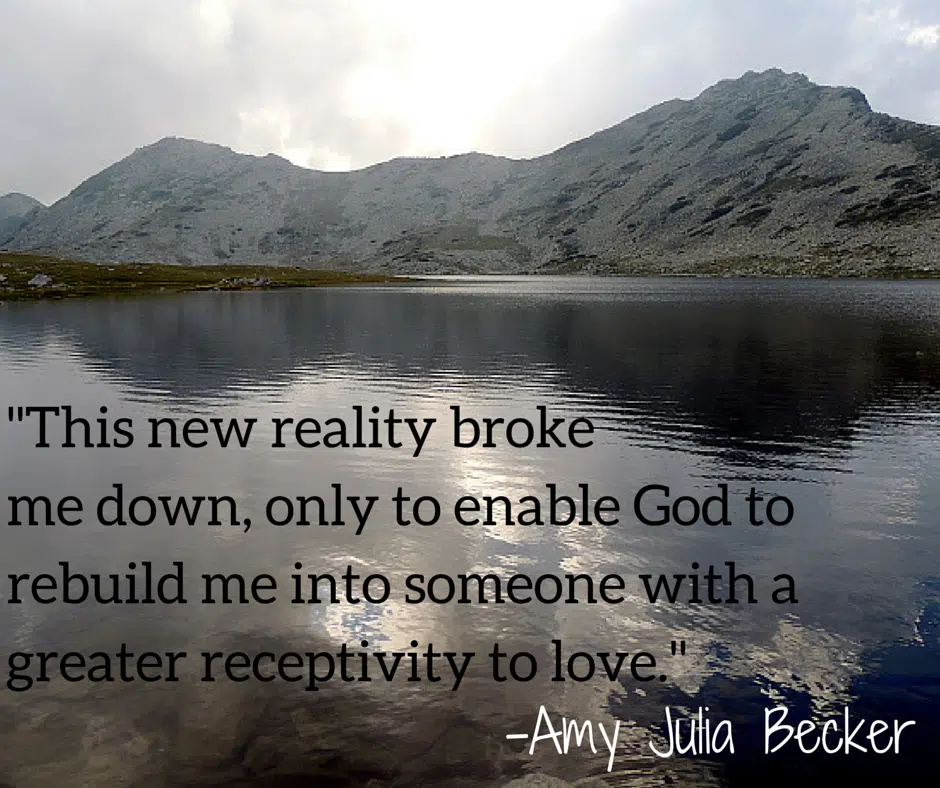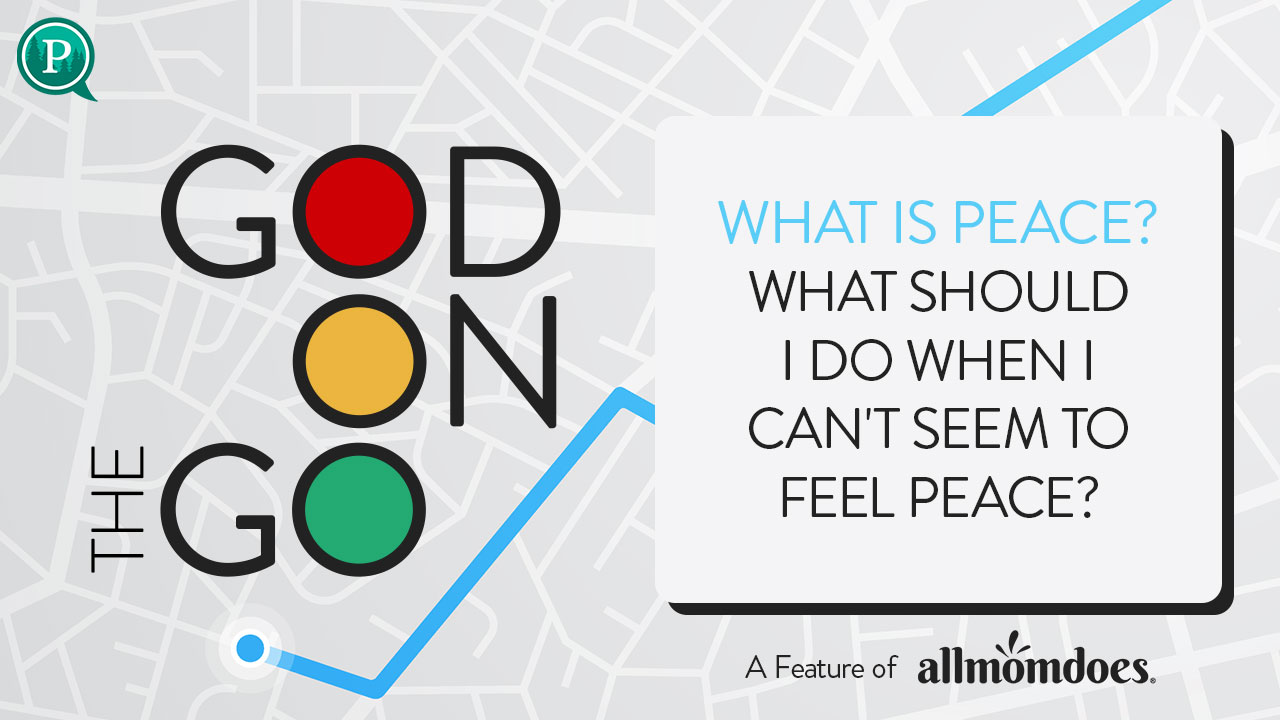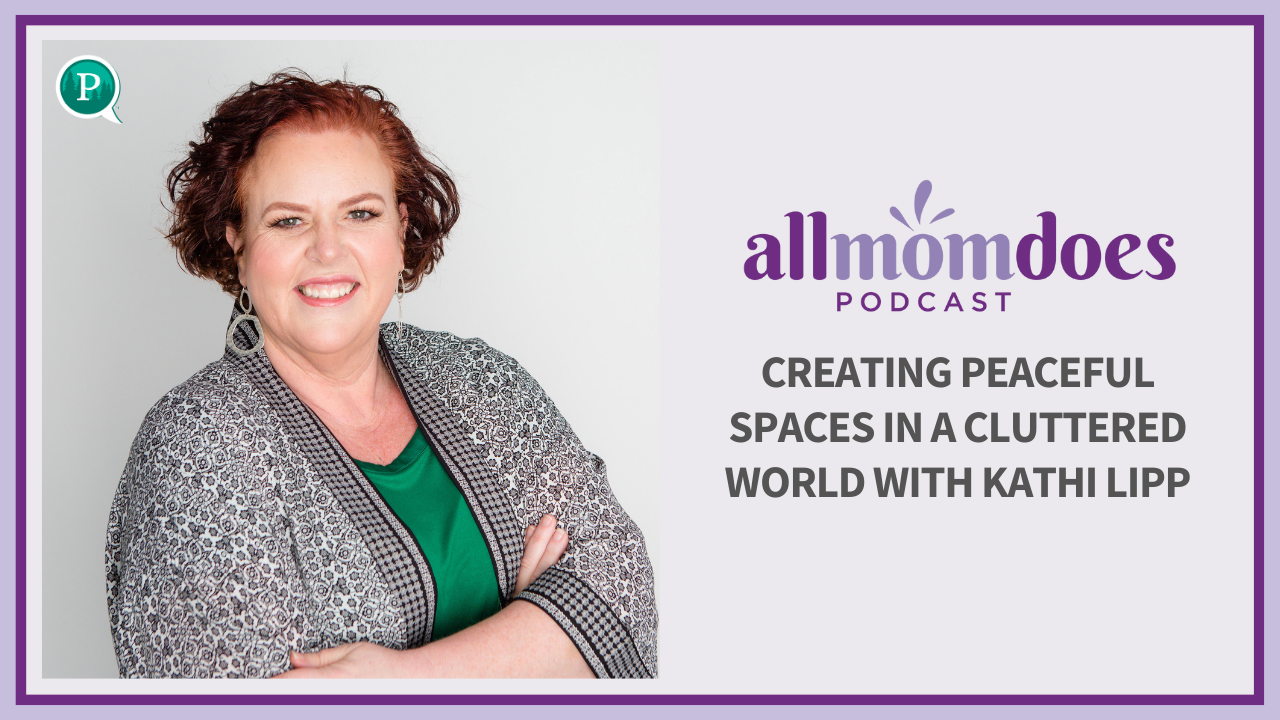The birth of our first child catapulted us into a world that I have taken to calling “dramatic hard stuff.” This is the world of hospitals and grief, of loss and fear, of other people feeling grateful that they aren’t in your shoes.
Penny was diagnosed with Down syndrome two hours after she was born, and the doctors offered us a list of all the possible complications and concerns we now needed to consider as we looked to the future. In the midst of that diagnosis and those lists of potential problems, I also had a brief exchange with a nurse who said, “I had a special child too.” When I asked her about him, she said, “He was a gift.” It took me a long time to understand the meaning of her words.
As it turned out, Penny was a pretty healthy kid. She came home from the hospital two days after her birth. She nursed well. She had rosebud lips and round cheeks and eyes the color of a deep lake on a cloudy day. She slept well and rarely cried. And yet I carried a stone of grief around in my chest. I worried about the life ahead—for her, for me, for our family.
In the midst of this “dramatic hard time” in my life, when Penny’s diagnosis brought with it questions for God that included anger and grief, when I thought I might drown with the confusion and guilt and fear of it all, I also had an underlying sense that God would be with us on this journey, just as God was with Abraham and Sarah, Moses, Ruth, Mary, and Paul, not to mention countless other women and men throughout the ages. I believed that my life might, like theirs, be a story of positive transformation, by God’s grace.
Over time, instead of seeing Penny as someone who was different from me, I started to see our similarities. Her limitations exposed my own limitations. Her needs reminded me of my needs. And that neediness became less frightening as I recognized the way my needs prompted me to reach out to other people, to call upon friends who would pray for us or bring meals or simply lend an ear. I began to see that vulnerability opens us up not only to suffering but also to love.
I also began to see that Penny was simply a human being. With brokenness and beauty. Just like me, and just like everyone else I encountered. She didn’t only help me to change my view of people with Down syndrome. She expanded my view of all of humanity. She helped me understand that nurse from the hospital, the idea that every human being is a gift, with something to offer the rest of us.
My parenting journey started with dramatic hard news, but I soon realized that my story conformed to the pattern of so many stories throughout the ages. This new reality—a daughter with Down syndrome—broke me down, only to enable God to rebuild me into someone with a greater receptivity to love, a greater ability to hope, and a greater ability to see God’s gifts all around me.
————————————————————————————————
Award-winning author Amy Julia Becker finds much wisdom in meaningful – and sometimes difficult – conversations with her children. Talking with, and listening to, her kids has helped Becker to refine her understanding of what she believes, whether her son asks if Santa loves him or her daughter wonders if Mommy was a jerk while driving. Her new book, Small Talk: Learning From My Children About What Matters Most dedicates each chapter to a specific issue she and her kids have discussed: tough topics such as illness, death, disability and tragedy; and moments of grace, forgiveness, friendship and gratitude.
A copy of her book could be yours for FREE. Simply check out our contest page and enter to win! You have five chances to win, and one lucky winner will also get a Papa Murphy’s Family Meal Deal!


















